Autism: A parent’s perspective

31st of October, 2018
By Brendan Dunphy, BLD Communication
For those following our blogs, you will know we have been providing solution-based insights on areas in and around the NDIS, as well as more practical applications such as securing the best service providers for your needs.
We are now keen to focus our blogs on a care area that is pivotal in the life – and indeed the quality of life – of those with a disability.
This area and these people are, of course, our non-paid carers. Be they parents, siblings, family or friends, they are the heart and soul of those that require support yet they are often overlooked in the larger discussion on disability.
Our blog series will take an open, honest and sometimes emotional view of the work they do and the unadulterated selflessness they give on a day-to-day basis to provide true quality of life for those that may otherwise fall through the cracks of our busy world.
Our story in this blog is indicative of a parent’s journey with their autistic son from diagnosis to care and the remarkable emotional and indeed physical hurdles they have and continue to overcome.
Dylan*
It took David and Tamara an incredibly frustrating and emotional 6-years to have their son Dylan diagnosed with Asperger’s Syndrome. While his behaviour up until diagnosis now made more sense and provided some certainty as to the source of his behaviour – it also began a long, soul-searching, ‘why us’ and where to from here period in their lives.
In regard to the condition, Asperger’s was a previously used diagnosis on the autism spectrum. In 2013, it became part of one umbrella diagnosis of Autism Spectrum Disorder (ASD).
In the interview, David and Tamara were asked how Dylan’s condition impacts the family across all aspects of their lives and how they manage the constant care required.
Let’s start at the very beginning…
Why did you seek a diagnosis?
No one listened to our concerns about Dylan’s behaviour for the first six years of his life which made us feel very, very isolated. It was only after he began school that a very sharp teacher – who had seen Asperger’s in children before – approached us. This was in itself a massive relief – as we thought we were simply going crazy.
Until this point, we had been completely in the dark and literally fumbling along. While we were overjoyed we now could create a plan, we were also a little bitter as, we believe, a diagnosis should have been made much earlier and we could have commenced specific care for him.
What were your next steps?
We immediately began to learn all we could about the condition. From the moment we knew, we did all we could to improve his potential. As Asperger’s children are typically very active as well as being very routine driven, we began to re-arrange his – and by osmosis – our family’s life to meet these needs.
We focused on (generally) solitary pursuits for Dylan given his singular nature and on activities that helped to develop his gross motor co-ordination such as swimming, diving and karate.
He has recently developed an interest in playing chess which (we hope) will help improve his natural talent at problem-solving and through involvement in Scouts, he is developing his socialisation skill and most importantly, his sense of self-worth.
Has your life changed?
There is no question that bringing up any child with a disability is challenging and you often feel alone. All parents want their children to succeed – parents of children with disability are, of course, no different. For us, however, we have to work much harder to help our children achieve their potential and that involves changes, adaptations and sacrifices that parents of children without disability may not necessarily have to make. Regardless, we are here for all our children and the good news is that there are so many support options out there that not only help us with Dylan but with our own sanity!
How does Dylan’s care impact upon the family?
It’s hard for those don’t have to look after someone with a disability to understand the incredible energy, time and emotional stress we live under 24/7. As we strive to operate as a full-functioning family and while ensuring we are always aware of Dylan’s needs, we are also aware of our other children’s (equally important) wants and needs.
We also aware that in situations such as this, families can fracture and even fall apart. There is no silver bullet to stop this happening – just the desire to keep moving forward as a loving and caring family unit – and one that never leaves anyone behind.
There is, of course, excellent support from self-help groups and parent support networks and now, even sibling support groups which we’re hoping our other children will become involved in.
So what advice would you give?
Always put ALL your children and family first. It’s always going to be hard work but if you can garner the support of the whole family (early) and help them understand the nature of the condition and what to expect– they will become much more patient and indeed, a better carer than you could even imagine.
It also helps the family to know there are other families like ours. It’s also important to talk about autism both within your family and outside of it. We believe we have a duty to help educate those that don’t understand what autism is and the best way to do that is to share our experiences, strengths and hope with others.
For us, we now see living in an autistic family can actually enhance your life and help you realise strengths and qualities you never knew you had.
NADO
At NADO we are, of course, active supporters and carers of those with autism. If you have any questions or want to understand more about this condition, please don’t hesitate to contact us.
As always, we actively encourage feedback on our blog content in general. We are always open to suggestions and comments!
* The names of all parties have been changed.


